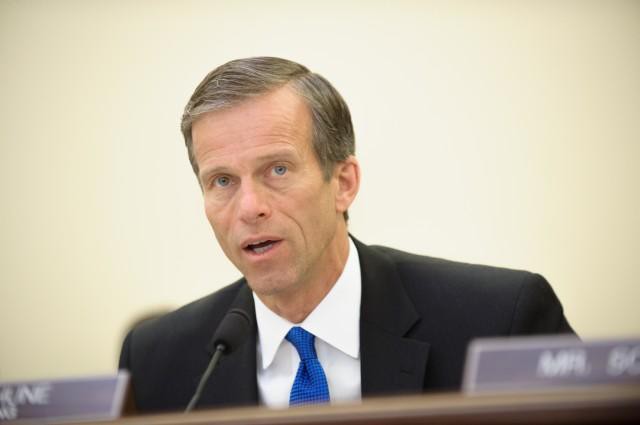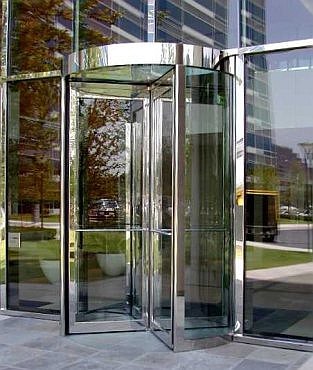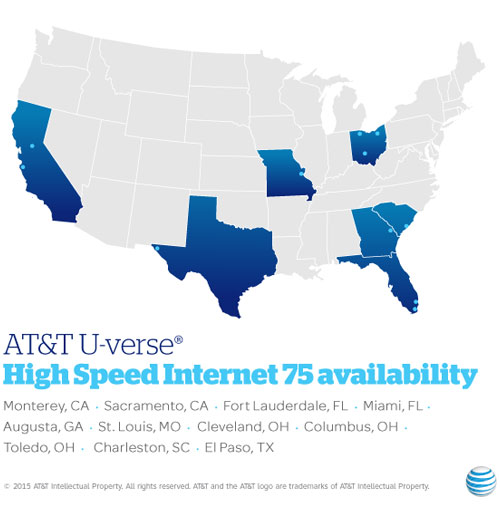 AT&T Speed Increases to the Press Release are back, and an AT&T installer in Cleveland tells us you probably don’t qualify to get them just yet.
AT&T Speed Increases to the Press Release are back, and an AT&T installer in Cleveland tells us you probably don’t qualify to get them just yet.
This week, AT&T has announced something less than gigabit broadband (High Speed Internet 75 – up to 75Mbps) for seven of its service areas:
- Augusta, Ga.
- Charleston, S.C.
- Cleveland, Ohio
- Columbus, Ohio
- Fort Lauderdale, Fla.
- Miami, Fla.
- St. Louis, Mo.
“Introductory prices for the new 75Mbps high-speed speed option start as low as $39.95 a month when bundled with our award-winning U-verse TV and/or U-verse Voice services, and only $74.95 per month as a standalone service,” the company said on its consumer blog.
Laying aside the press release, an AT&T lineman in Cleveland tells Stop the Cap! most people should not expect to immediately qualify for the new 75Mbps speeds.
“Most will not be ready for the new 75Mbps tier except those in apartments or condominiums already served by fiber or other enhanced connections,” the technician tells us. “This is a way to quickly boost speeds on existing high-speed capable connections that already qualified for better speeds. AT&T will eventually broaden coverage, but only as we upgrade our network as a normal course of business.”
Stop the Cap! has found some customers in new housing developments and trailer parks where 75Mbps was introduced late last year have been able to sign up for 75Mbps service, but they are not getting the promised speeds.
“They emphasize it is ‘up to’ 75Mbps, but we barely reach 50Mbps here,” said El Paso resident Sam Kessler, who signed up for 75Mbps service in January. “It is better than what we used to get, but if they ever raise our bundled promotional price, we’ll go back to cable I guess.”
Speeds up to 75Mbps were introduced in December in parts of El Paso, Texas; Monterey, Calif.; Sacramento, Calif.; and Toledo, Ohio. AT&T also has plans to expand High Speed Internet 75 availability to additional U-verse markets.


 Subscribe
Subscribe Are you still paying $15+ for HBO and $13+ for Cinemax? Stop.
Are you still paying $15+ for HBO and $13+ for Cinemax? Stop.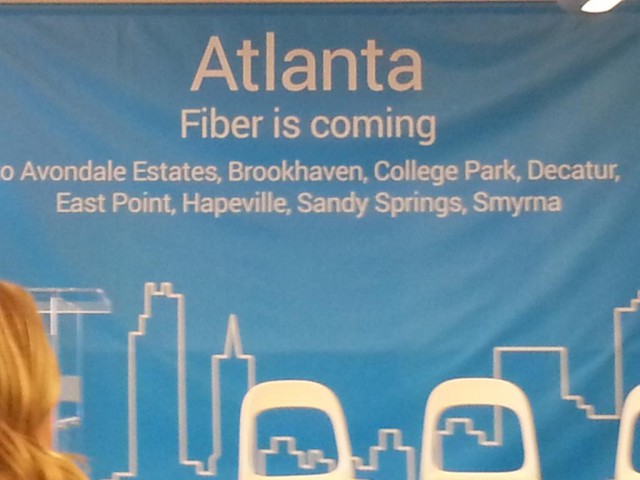 Google has announced it will bring its fiber broadband service to four new cities — Atlanta, Charlotte, N.C., Raleigh-Durham, N.C. and Nashville, Tenn., according to
Google has announced it will bring its fiber broadband service to four new cities — Atlanta, Charlotte, N.C., Raleigh-Durham, N.C. and Nashville, Tenn., according to 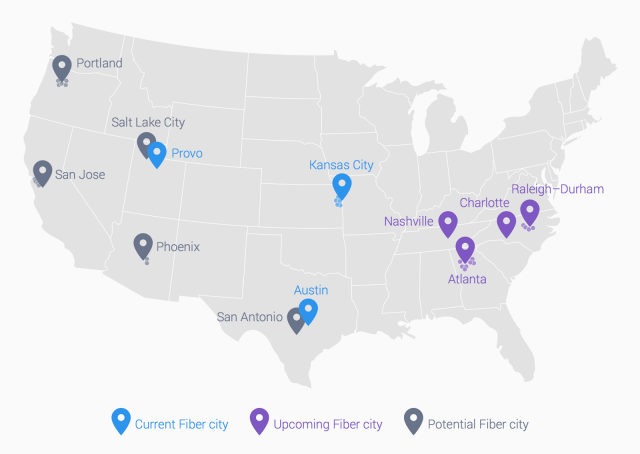
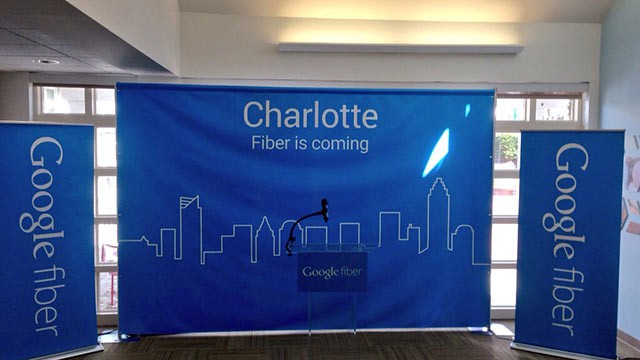 Google officials have also been reportedly sensitive to local government red tape and regulation. In Portland, the Journal reports Google has put any fiber expansion on hold there because Oregon tax-assessment rules would value Google’s property based on the value of their intangible assets, such as brand. That would cause Google’s property taxes in Oregon to soar. Until the Oregon state legislature makes it clear such rules would not apply to Google Fiber, there will be no Google Fiber in Portland.
Google officials have also been reportedly sensitive to local government red tape and regulation. In Portland, the Journal reports Google has put any fiber expansion on hold there because Oregon tax-assessment rules would value Google’s property based on the value of their intangible assets, such as brand. That would cause Google’s property taxes in Oregon to soar. Until the Oregon state legislature makes it clear such rules would not apply to Google Fiber, there will be no Google Fiber in Portland.